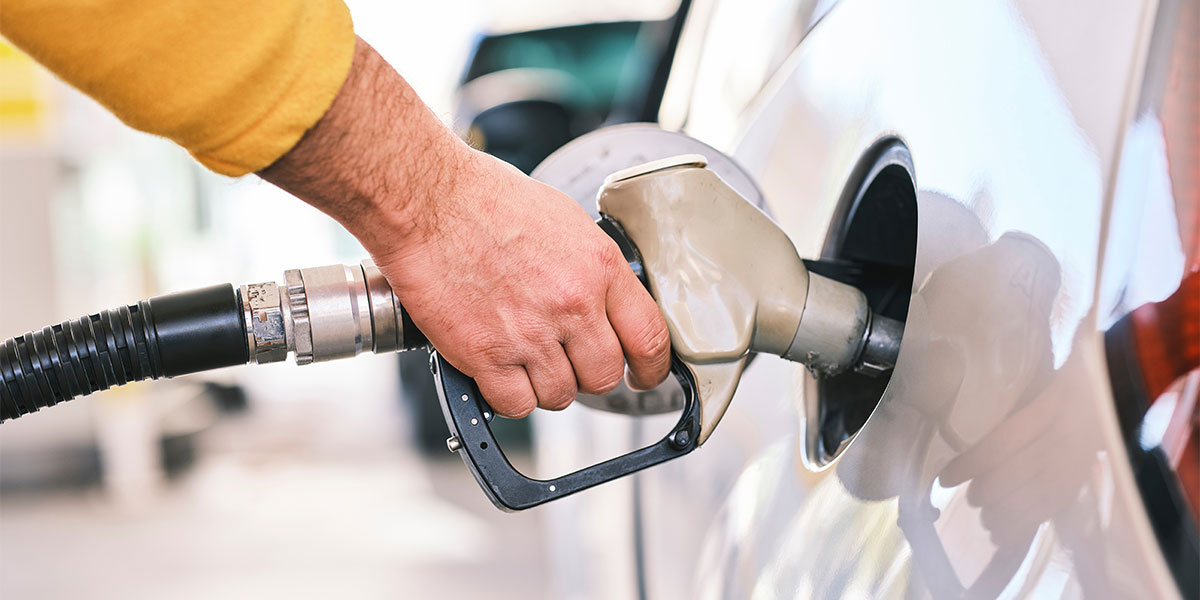There are a number of ways to drive more economically. From driving in the highest possible gear (whilst remaining in the speed limit) through to ensuring that your car is maintained, there are strategies for keeping motoring costs as low as possible.
A great way to drive economically is to ensure that you’re driving at the most fuel-efficient speed. But what is the best speed for fuel economy? We break it down below.
Is your car fuel efficient?
If you’re looking for a car loan quote online to secure a more fuel-efficient set of wheels, you’re going to want to check that car’s miles per gallon (MPG).
Miles per gallon refers to the number of miles that a car can travel on a gallon of fuel. An efficient car should do more than 60mpg, with a good average between 50 and 60mpg. That said, this depends on a number of factors.
What impacts a car’s fuel efficiency?
There are a number of variables impacting the fuel efficiency of a vehicle.
The make and model of the car will impact its fuel efficiency. So will everything from poor vehicle maintenance through to towing, oil type, speeding, regularly driving short distances and frequently accelerating or braking too hard.
All of these factors will impact the most fuel-efficient speed of your car.
What is the best speed for fuel economy?
Provided that you practice good driving habits, keep your vehicle up to date with services, and reduce the other behaviours that can affect your fuel economy, your vehicle should be able to travel at its most fuel-efficient speed.
There are different estimations for the best speed for fuel economy. However, as an average, most cars are at maximum fuel efficiency between 45 and 50mph (miles per hour). You can potentially push your car to 55mph to stay fuel efficient, but this will vary between models and according to the factors listed above.
In fact, your fuel economy drops by 14% when driving between 60 and 70mph. This goes to 15.4% when you’re driving from 70 to 80mph.
You’re less fuel-efficient at higher speeds for a number of reasons. Firstly, your car faces higher air and tyre resistance, so the engine has to work harder. Secondly, you’ll be generating higher engine revs.
Remember, the higher your engine revs, the more fuel you use. This is why it’s more fuel-efficient to travel in the highest gear possible within the speed limit.
Find a more economical drive with My Car Credit
If you’re looking for a more fuel-efficient set of wheels, contact My Car Credit to see how we can help. We’ll help you secure affordable car finance that eases the cost of motoring for you – email us on enquiries@mycarcredit.co.uk.
Rates from 9.9% APR. Representative APR 12.4%
Evolution Funding Ltd T/A My Car Credit
Require more help?
Got a question you can’t find the answer to, or need some advice and guidance around taking out car finance? Our Car Credit Specialists are friendly, experienced, and here to help so get in touch today!





